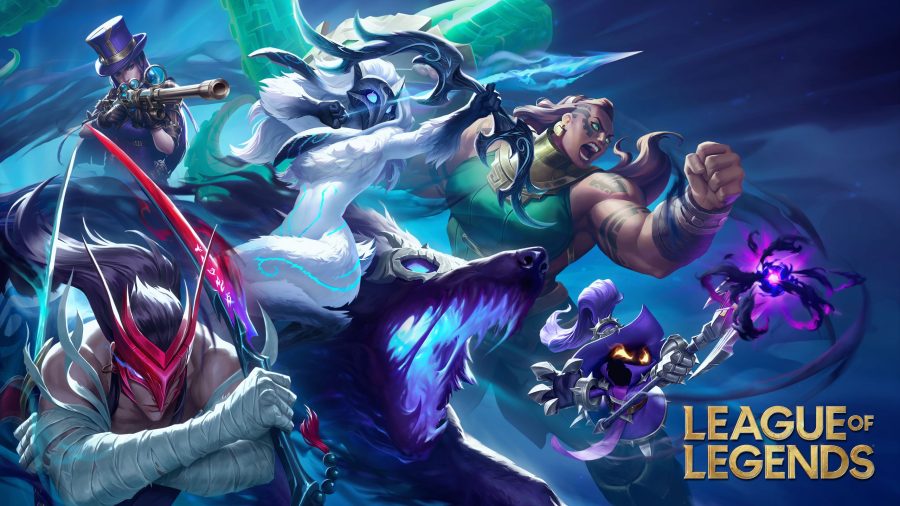While we are no closer to really knowing what the future of the browser holds, today’s closing keynote at Add-on Con in Mountain View CA gave us a brief glimpse into the future of Chrome (out of beta today), IE and Firefox.

The Future of the Web Browser keynote brought together Joshua Allen (Microsoft), Mike Shaver (Mozilla) and Brian Rakowski (Google) on a panel moderated by JSON creator Douglas Crockford who opened the session by apologizing for Opera not making the conference – their headquarters are in Norway, he explained. “Apple is about eight miles from here; you can do that drive in ten minutes if you’re motivated. The reason they are not here is they do not want to talk with you,” he said with a grin. And thus, the final session of the day began.
Security, Add-ons and the Browser
The first topic raised by Crockford was browser security, particularly with regard to add-ons. He asked the panel about risks and what is being done to mitigate them.
According to Allen, as IE has the largest market share, it’s also the largest target and this constitutes significant risk. As a result, Microsoft invests heavily in security. Its latest security efforts include developing Web slices and accelerators within IE8.
Rakowsi suggested limiting the capabilities of add-ons would be an efficient measure to lessen security threats. “The Web security model, while not perfect, has been vetted,” he said. “We’re looking at an extension model that builds on that rather than native code,” he explained.
Shaver agreed that limiting privileges and scope for add-ons is the future.
Proprietary Platforms on the Web
The next part of the discussion focused on proprietary platforms like Silverlight and Flash. Crockford claims the Web is under attack by these platforms that share the common disadvantage of not being open. “How does the Web remain competitive? Do these add-ons show the way for the Web to go forward?” he asked.
Rakowski’s response was that the capabilities of these closed platforms need to be included in open standards and browsers. Shaver pointed out that the competition of Web browsers has led to many improvements, and Allen responded by saying that stories of threats to the Web are highly overrated. “The factor driving us is multiple vendors,” said Allen, “No one controls a big enough portion, it will move as fast as we can work together.”
Mobile Browsing and the Open Web
According to Crockford, the biggest threat to openness is mobile. “Out of desperation they’re [mobile] looking at supporting the Web, but it looks like they’re trying to keep it closed. Is it going to turn out that way?” he asked.
While the question wasn’t answered directly by any of the panelists, Rakowski thinks we’re going in the right direction. “Turning the mobile Web into the same thing as the PC Web seems to be the way of the future to me,” he said. Shaver too sees the mobile Web as a huge opportunity. “The consumer experience has changed, and the Web experience on a mobile should be just as good as it is on a PC,” he said.
Allen agreed that having a “really nice browser” on the phone is exciting, but saw it as a bit of wishful thinking and claimed that the mobile phone providers control not only bandwidth, but also infrastructure thus creating walled gardens. “We need to push for Net neutrality,” he said.
Shaver disagreed with Allen saying that mobile providers will have a tough time locking users into services as mobile platforms become stronger. However, the Net neutrality issue is going to be one we “fight on for a long time,” he said.









